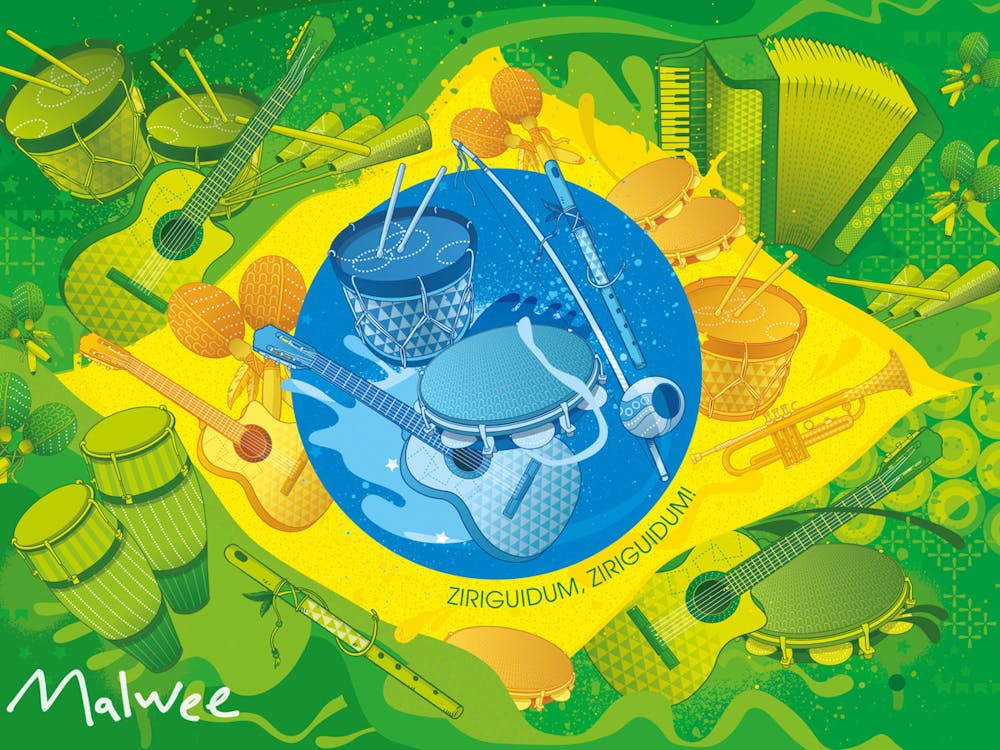With Valentine’s Day quickly approaching, Super Cripsy Entertainment’s 2011 production, Like Crazy is once again abuzz. Unlike the trite dialogue and predictable clichés that plague Hollywood “chick flicks,” Like Crazy distinguishes itself by capturing the human tendencies that characterize real relationships. Omitted are Hollywood’s spectacular depictions — serendipitous meetings, fateful intervention, coincidental reunion — and in their places are beautiful, ordinary moments. Like Crazy reeks of authenticity and, although assigned to the romance genre, the film speaks to viewers of every relationship status.
The narrative follows Anna Gardner (played by Felicity Jones), a British exchange student, during her time abroad in Los Angeles. Here the aspiring writer meets Jacob Helm (Anton Helchin), a fellow classmate, who she’s developed an innocent crush on.
Their association is mundane. Jacob pays little attention to Anna’s essay delivery, focusing instead on his furniture drawings, and does not bother with conversation after class. Their first date happens over coffee and is not four-star but ridden with nervous small talk. Although the pair stutters throughout their initial interaction, a budding chemistry is not only evident — it’s lovely.
This table scene, like the rest of the film, is believable because Jones and Helchin acted unscripted. Director Drake Doremus allowed his leads free rein in terms of dialogue. With very little guidance, the actors successfully improvised their way through scenes while cameras continued rolling. The characters are convincing because their wit, responses and stumbles are indeed raw products of the moment.
In accordance with a film void of any scripted lines, many moments of silence constitute the 90 minute masterpiece. It goes without the memorable lines that famously characterize Nicholas Sparks movies. Instead, Doremus made a point of emphasizing the many ways love can be expressed without verbal proclamation.
Anna and Jacob connect their fingertips under a fort made of bed sheets. They sit facing one another in a bathtub, dejected and worried about their future prospects. The couple often writes notes, letters or poetry, inscribing words too meaningful to say aloud. In fact, Doremus goes so far as to mute many scenes, overriding walks along the boardwalk and laughter on the beach with soft piano. The most moving moments are arguably those without sound. Viewers aren’t convinced of Anna and Jacob’s affection by repeated “I love you’s”; they can see its existence through the subtle action.
Despite its title, Like Crazy’s quiet nature speaks to realistic relationship troubles. Anna and Jacob do not end with a blowout. No single, devastating event tears them apart. As is true of many early loves, the couple grows distant (literally separated by an ocean) over time. In agreement with the rest of the film, Like Crazy ends in a moment of silence: “not with a bang but a whimper.” As Anna and Jacob stand quietly under the shower’s running water, the couple (and audience) finally accepted the relationship’s demise. The truth was too heartbreaking for words.
As is the case with most lower-budget, independent films, Like Crazy has its fair share of unsteady cameras and slightly off-kilter framing. The settings are typically far from glamorous, and the actors’ looks don’t stop traffic.
Yet this rejection of the perfect characters, lives and worlds portrayed by Hollywood are what make Like Crazy extraordinary. The everyday wardrobe, average people and their irrational tendencies are what make this film so relatable and touching. Alcohol makes suppressed feelings resurface. Love makes people illogical, as displayed by Anna’s overstaying her student visa. As the couple spends time in the adult world, confronted with tiring jobs and taking on new lovers, they mature and ineluctably grow apart. Viewers leave upset that the pair doesn’t work out in the long run, but convinced that their time together was worthwhile regardless.
If not this Valentine’s Day, everyone should give Like Crazy a chance. More often than not, one will understand why the film won the 2011 Sundance Film Festival Grand Jury Prize. Not only does Like Crazy provide a relatable plotline — the leading couple meets at a university — it is easily accessible and can be streamed instantly on Netflix.






















Please note All comments are eligible for publication in The News-Letter.